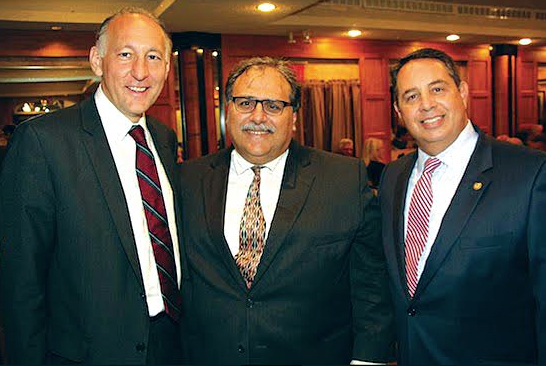Columbian Lawyers Association’s ‘Italians in America, Victims of Discrimination’ makes vital point
Chuck Otey's Pro Bono Barrister

Each Immigrant Wave Confronted with Complex, Often Dangerous, Hurdles
When the Columbian Lawyers Association of Brooklyn, led this year by President Joseph Rosato, held its most recent CLE-accredited session, the focus was discrimination.
However, it did not deal with the kind of discrimination that dominates the headlines these days, spurred by the widespread angst concerning Middle Eastern immigrants that has hardened since the terror attacks of 9/11. It wasn’t about another headlining phenomenon involving the mass exodus of frightened and impoverished asylum seekers from Honduras, Guatemala and other Central American countries that are bursting at the seams with rampant chaos and criminality. Nor did the session deal with the insidious and monumental issue of slavery and deserved compensation of millions of Africans whose forced labor, valued in the trillions of dollars, played a key part in building our modern, prosperous economy.

Brooklyn Boro
View MoreNew York City’s most populous borough, Brooklyn, is home to nearly 2.6 million residents. If Brooklyn were an independent city it would be the fourth largest city in the United States. While Brooklyn has become the epitome of ‘cool and hip’ in recent years, for those that were born here, raised families here and improved communities over the years, Brooklyn has never been ‘uncool’.